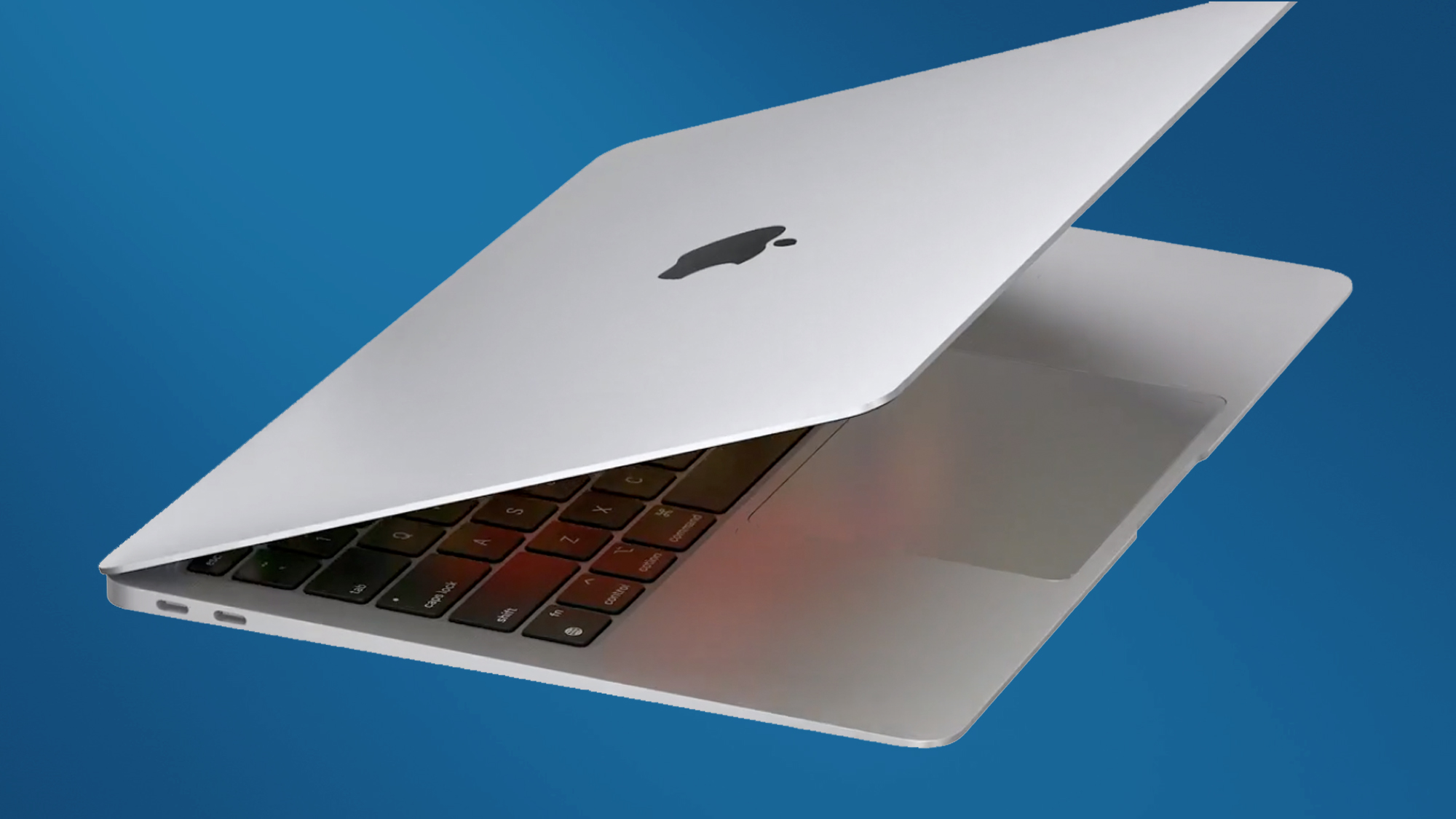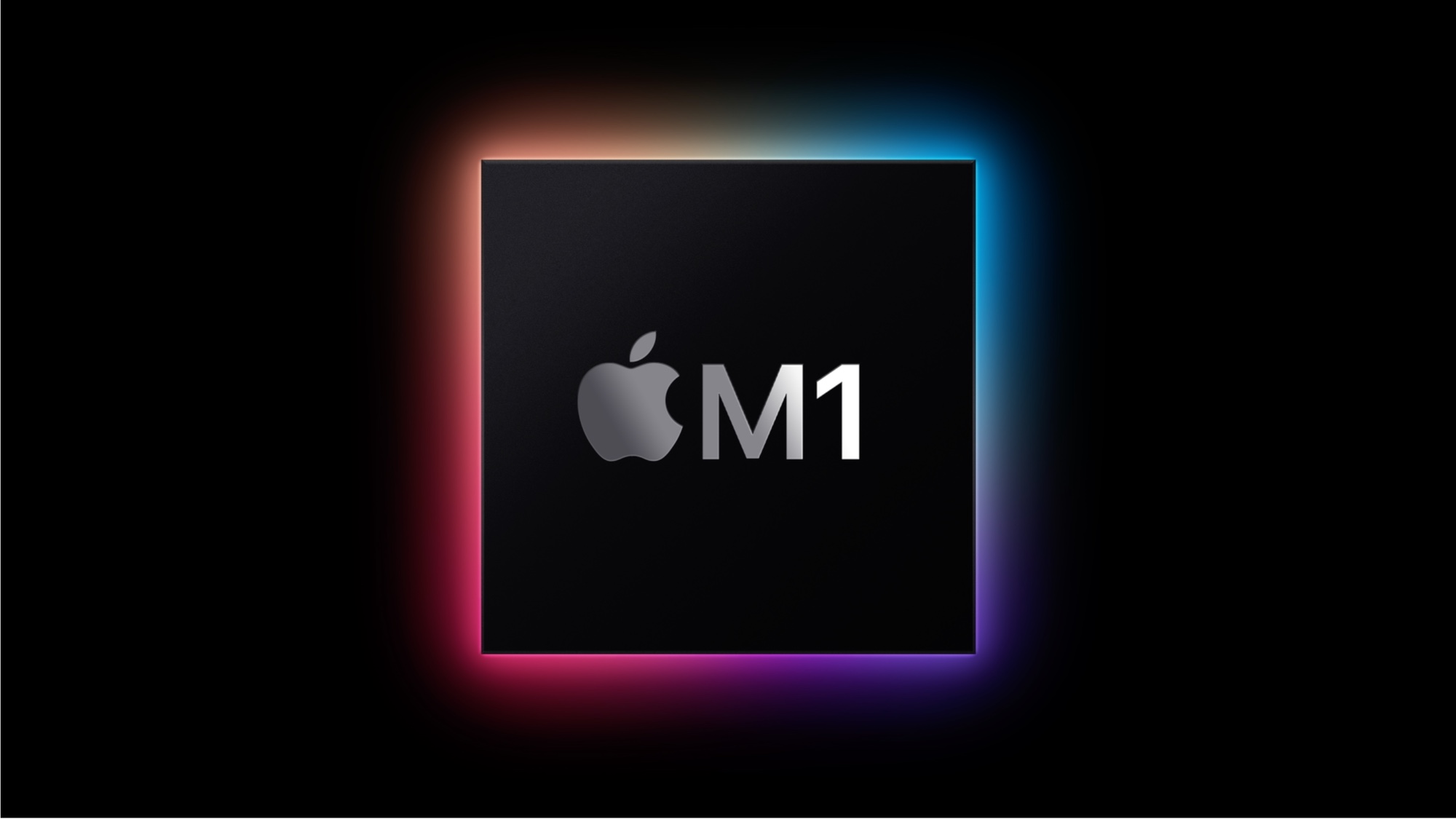MacBook Air M1 benchmarks revealed — and they destroy Windows laptops
The MacBook Air could be the new ultraportable laptop king if these Geekbench 5 benchmarks are accurate.

Here at Tom’s Guide our expert editors are committed to bringing you the best news, reviews and guides to help you stay informed and ahead of the curve!
You are now subscribed
Your newsletter sign-up was successful
Want to add more newsletters?

Daily (Mon-Sun)
Tom's Guide Daily
Sign up to get the latest updates on all of your favorite content! From cutting-edge tech news and the hottest streaming buzz to unbeatable deals on the best products and in-depth reviews, we’ve got you covered.

Weekly on Thursday
Tom's AI Guide
Be AI savvy with your weekly newsletter summing up all the biggest AI news you need to know. Plus, analysis from our AI editor and tips on how to use the latest AI tools!

Weekly on Friday
Tom's iGuide
Unlock the vast world of Apple news straight to your inbox. With coverage on everything from exciting product launches to essential software updates, this is your go-to source for the latest updates on all the best Apple content.

Weekly on Monday
Tom's Streaming Guide
Our weekly newsletter is expertly crafted to immerse you in the world of streaming. Stay updated on the latest releases and our top recommendations across your favorite streaming platforms.
Join the club
Get full access to premium articles, exclusive features and a growing list of member rewards.
Apple has barely had time to reveal its M1 chip and the Apple Silicon MacBook Air before benchmarks for the ARM-based chipset have leaked.
And they’re pretty impressive. Spotted by MacRumors, the benchmarks are for Geekbench 5 and show how the M1 in the upcoming new MacBook Air can deliver performance that destroys most Intel-powered laptops.
- The best laptops right now
- New MacBook Air 2020 release date, price, specs and news
- Just in: iPhone 13 leak just revealed killer upgrade
In the single-core Geekbench test, the MacBook Air with M1 scored 1,687, and it notched a very high 7,433.in the multi-core test. For comparison, the MacBook Pro 13-inch hit 4,399 with its 10th gen Core i5 CPU. That's by no means bad, but it's far outclassed by the M1.
MacBook Air M1 Geekbench 5 results
| Laptop | Geekbench 5 score |
|---|---|
| MacBook Air M1 | 7,433 |
| Dell XPS 13 (Core i7-1165G7) | 5,319 |
| Asus ZenBook Flip S (Core i7-1165G) | 5,084 |
| MacBook Pro 13-inch (10th gen Intel Core i5) | 4,399 |
| MacBook Pro 16-inch (9th gen Intel Core i9) | 7,250 |
So how does the M1 in the new MacBook Air compare to new Windows laptops running Intel's latest Tiger Lake chips? Very well — in fact, the new Air pummels them.
We are currently testing the new Dell XPS 13 with an 11th Gen Core i7-1165G7, which delivers a Geekbench 5 score of 1,521 in the single-core test and 5,319 for the multi-core result. These are decent scores, but the MacBook Air M1 is way ahead.
The MacBook Air M1 also far outpaces the Asus ZenBook Flip S, which reached 5,084 in the Geekbench multi-core test. It has the same chip as the Dell XPS 13.
Given the M1 still uses the fundamental base architecture as the A14 Bionic chip found in the iPad Air 2020 and iPhone 12 models, it’s no surprise it’s single-core scores are faster than the A14 Bionic. For example, the iPhone 12 manages 1,595 on the single-core test/
Get instant access to breaking news, the hottest reviews, great deals and helpful tips.
But in multi-core performance the M1 jumps ahead. The iPhone 12’s A14 Bonic managed a score of 3,880 in the multi-core test. That’s hardly surprising given the M1 has an 8-core CPU, while the A14 Bionic has a 6-core CPU.
This is all good news for people who use MacBook Air and MacBook Pro laptops for intensive multitasking and use software that can run across multiple CPU cores at once.

However, synthetic benchmarks are one thing; real-world performance is another. And while Apple is making some bold claims about the performance of the M1, we need to test it ourselves across a wide range of tasks.
Moving to use its own ARM-based chips means a shift from x86 architecture to the RISC architecture that supports nearly all the chips found in smartphones. As such, software originally configured to run on x86 architecture needs to be made compatible with RISC.
Apple claims it’s software tools, like Rosetta 2, will allow x86-based apps to run on the new M1 with ease. Again, we'll need to see this for ourselves before we pass judgment on what Cupertino’s engineers have cooked up.
But these early Geekbench 5 results promise impressive performance from the Apple Silicon MacBook Air. And that bodes well for the Apple Silicon MacBook Pro. The Pro has the same M1 chip but comes with a more powerful 8-core GPU and an active cooling system for better sustained performance.
The new MacBook Air will start at $999 and go on sale November 17, with pre-orders live right now. And the MacBook Pro with the M11 chip will go on sale the same day, starting at $1,299; its also ready to pre-order right now.

Roland Moore-Colyer a Managing Editor at Tom’s Guide with a focus on news, features and opinion articles. He often writes about gaming, phones, laptops and other bits of hardware; he’s also got an interest in cars. When not at his desk Roland can be found wandering around London, often with a look of curiosity on his face.
 Club Benefits
Club Benefits










